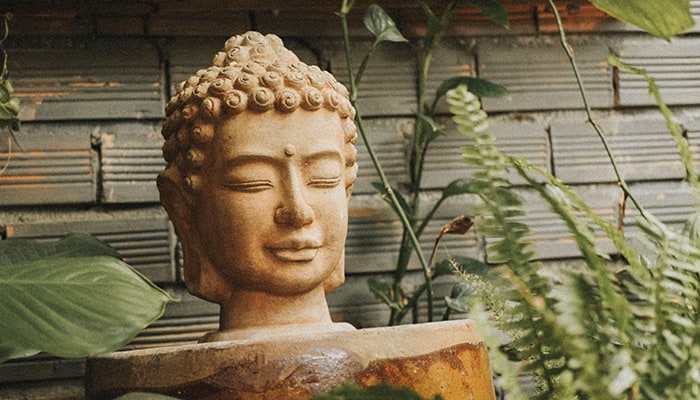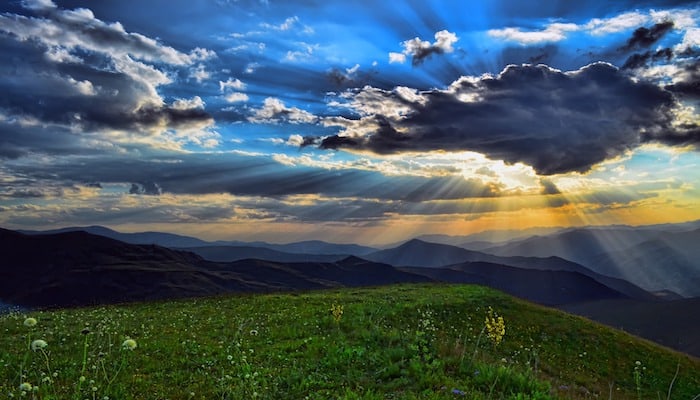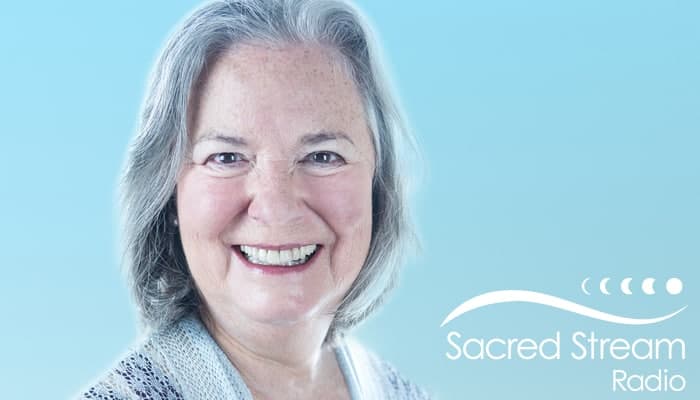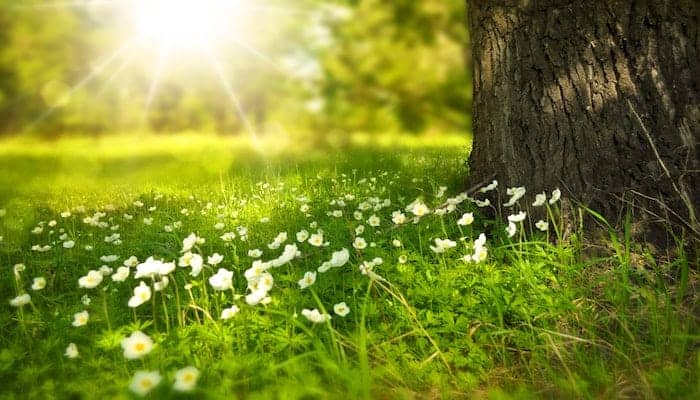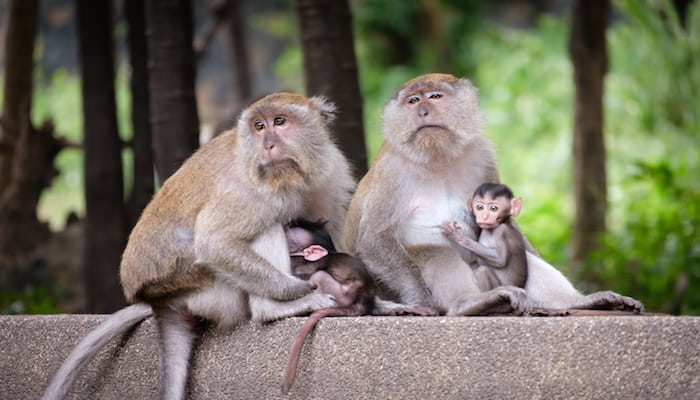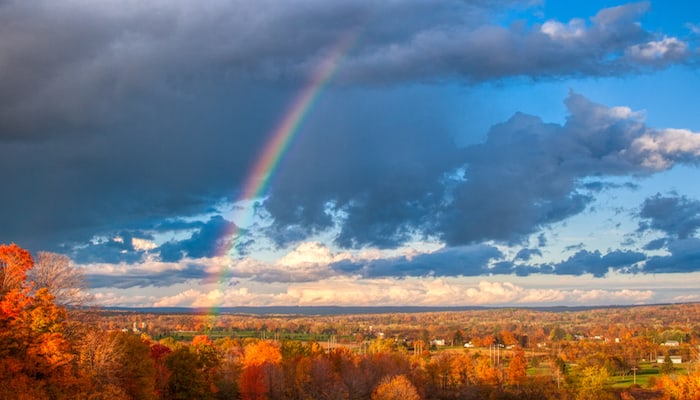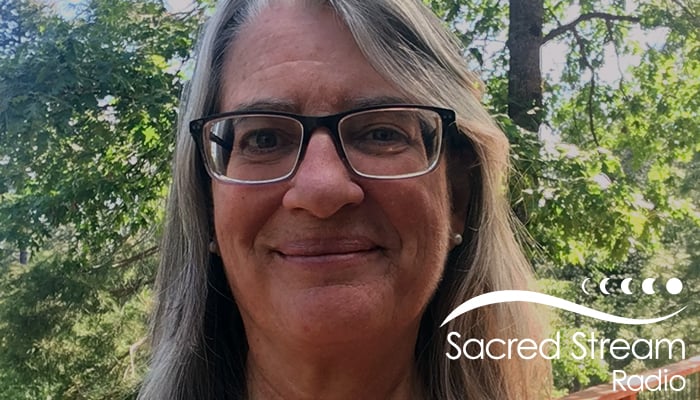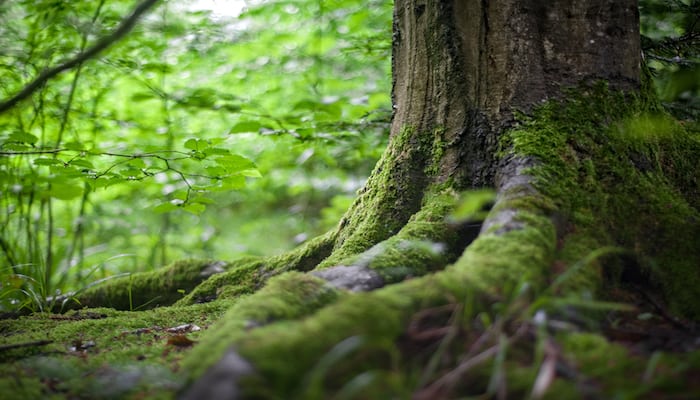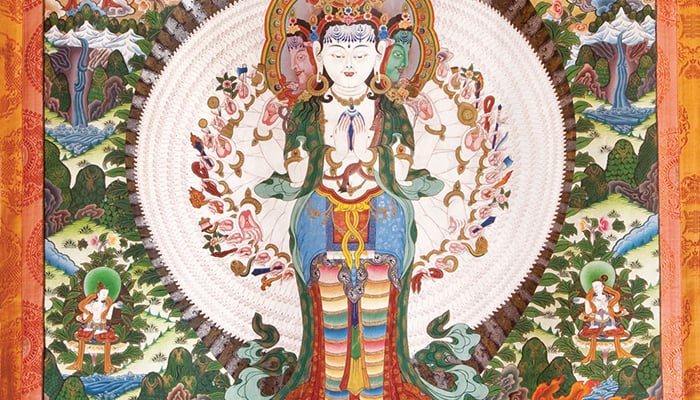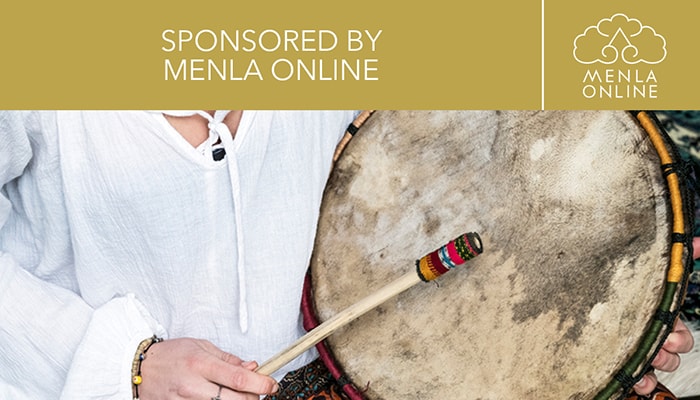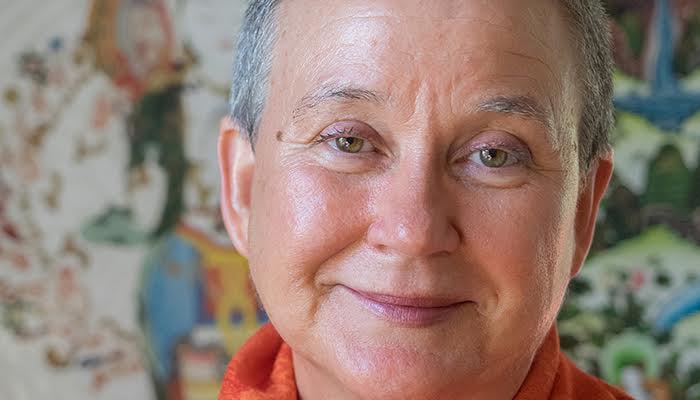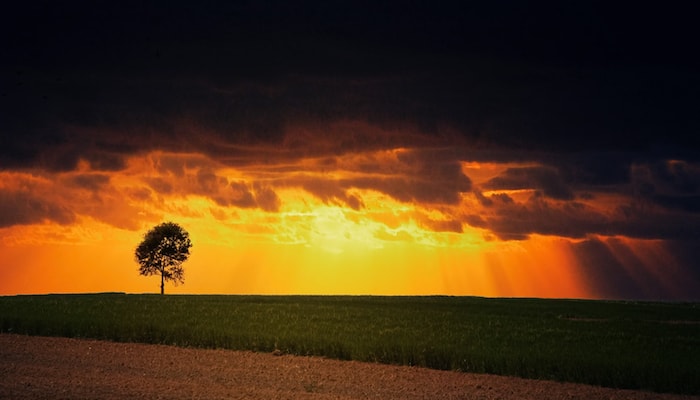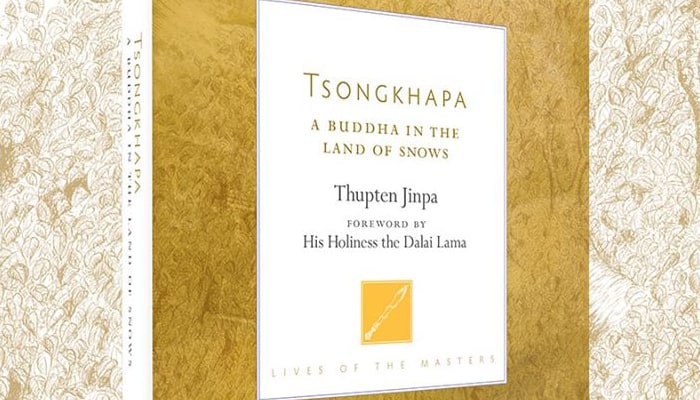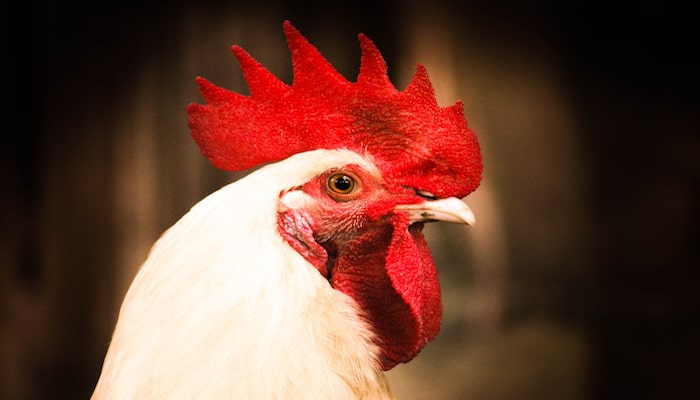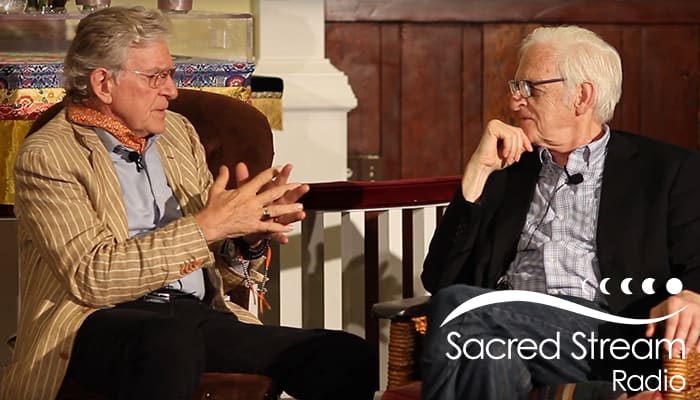Library
Video: Wise Action: Isa Gucciardi on Understanding Why and How We Practice
In this talk with the San Francisco Dharma Collective, Isa Gucciardi takes us on a guided tour of samsara with an exploration of the Six Lokas. These are states of mind that characterize the experience of samsara, the realm of suffering we are all trying to better understand. Hopefully, this up close look at these states of mind will help you understand exactly WHY you might want to start a meditation practice or deepen your overall spiritual practice during these times. We will then look at the HOW. We will explore tips on how to work with our practice to deal with the difficult emotional states we can find ourselves plunged into as we try to navigate the complexity of these times.
Blog: Martin Luther King’s Vision 60 Years On
By Isa Gucciardi, Ph.D.
I first became aware of Martin Luther King when I encountered his, “I Have a Dream” speech in Social Studies class. I remember wondering why he was only dreaming that whites and blacks could be friends. I found out why when I moved to Texas for a year of schooling. My most enduring memory of that school was when I was sent home from school for playing with a group of African American children on the playground. I had such a hard time understanding what was happening, and it made me pay closer attention to the issues around racism in a way I never had before. As I grew older, and as the race riots of the sixties took center stage, Martin Luther King became a voice of reason for me.
Martin Luther King Jr. was born in 1929 in Atlanta, Georgia. He came from a family of sharecroppers, and his father was the second of ten children. His father took over as pastor at an influential black church, so King received a better education than most black children could hope for in Atlanta in the 1930’s. Both his education and his father, who had led campaigns to advocate for racial equality, had a major influence on him. However, his father was also a strict disciplinarian and regularly beat him for the smallest of infractions.
Podcast: Episode 63: Rachel Harris: Listening to Ayahuasca
On this episode, Laura interviews author, therapist, and researcher, Rachel Harris. Rachel is the author of the book Listening to Ayahuasca: New Hope for Depression, Addiction, PTSD and Anxiety. This book offers a comprehensive look at the psychotropic tea used for thousands of years by indigenous peoples of the Amazon. Rachel draws upon her own personal experiences with ayahuasca, the experience of others, as well as her research on the use of ayahuasca in North America, which is the largest study of its kind.
Blog: Reflections on Endurance and Trust at the Summer Solstice
By Isa Gucciardi, Ph.D.
As the Shelter in Place order continues to stretch into the foreseeable future here in the Bay Area, the days are stretching longer and longer into the night as we approach the summer solstice. June 21 is the longest day of the year and its night is the shortest night. The solstices and equinoxes are important moments in the Sacred Stream‘s calendar. This is a time where we come together at our quarterly drum circles to honor our relationship to the sun and its relationship to events on the earth. The marking of these moments of the year is a time-honored tradition in many cultures. Bonfires have been lit across the world for millennia in summer solstice celebrations. Native Americans celebrated with fire as well, and the Sioux people have the special initiations of the Sun Dance during this time. One aspect of the Sun Dance initiation involves helping initiates focus on the development of endurance and trust.
Due to COVID-19 restrictions, we cannot come together in person as we have for every summer solstice since 1995. However, we can still reflect about this moment in time together. Endurance and trust are two qualities that are helpful to reflect upon as we enter into our 16th week of Sheltering in Place here in California during a time of increasing social unrest. This is a time where our capacity to weather difficult and unforeseen circumstances is being challenged as the protests to demand racial justice uniquely highlight the complexities of our situation.
Blog: Conscious Parenting while Sheltering in Place
By Joanna Adler, PsyD, CHT
The demands of parenthood have perhaps never been so daunting as they are now during this Shelter in Place. Parents now need to be their children’s teacher, coach, friend, and parent, without assistance or break, while also doing their own jobs, caring for their house, etc. Parenting is already the toughest job there is, but add in the uncertainty and overwhelm of COVID-19, and uninterrupted childcare duties for months with no end in sight, and we have an incredibly tall order.
As a Depth Hypnosis Practitioner and clinical psychologist, I have had the opportunity to counsel many parents over the last months, and as you all probably know, parents are struggling!! The effect of being thrown together 24 hours a day is wearing on even the most skilled of parents.
Blog: Look for the Blessings
By Joanna Adler, PsyD, CHT
In Isa Gucciardi’s upcoming book on Tara and the Sacred Feminine, she recounts a story told by the Tibetan Buddhist teacher Bokar Rinpoche about his flight from Chinese occupation in 1959. He was only 18 years old when he had to make the dangerous crossing of the Himalaya mountains with a group of 60 others. Early in the trip, the group asked for a divination from the Tibetan goddess Tara to help them plan their escape. They were told unequivocally they were not to take the easy route, but instead they were to travel over a steep mountain pass where if it snowed, the journey would be quite difficult.
They did indeed encounter a snowstorm, and were told by a group of nomads that they were being pursued closely by Chinese troops as they attempted the high pass. They lost many of their belongings down the mountainside as the pack animals struggled and lost their footing in the deep snow. The snow blinded them, and yet they had no choice but to push on. In the end, they made it safely over the pass and into Nepal.
Podcast: Episode 62: Jill Sweringen: On the Pandemic
On this episode, Laura Chandler is joined by alternative health care specialist Jill Sweringen to talk about how to stay healthy during the coronavirus outbreak and generally. Jill is the owner of Purple Iris Healing Center in San Francisco and has a doctorate in physical therapy, degrees in traditional Chinese medicine, and is a licensed acupuncturist. She has studied many alternative healing methods and uses a mixture of Western and Eastern medical approaches, including myofascial release, craniosacral therapy, microcurrent therapy, acupuncture, and Chinese herbal medicine to treat a variety of medical conditions. For more information about Jill, visit purpleiris.net.
Blog: The Importance of Staying Grounded
By Judah Pollack
There are stories of Polynesian Wayfinders laying down in the bottom of their boats feeling for a long wave, their backs like a needle to the compass of the ocean. I’ve heard of Inuits in the Arctic finding their way in the midst of a blinding blizzard because they know which direction the snowdrifts form. Similar stories come out of the desert where the San people can orient through a sandstorm because they know the directions of the dunes.
These are stories of people deeply connected to the earth. This state can be rare for modern, digital humans. We hurtle through our landscapes at extraordinary speed. Most of us do not know where on the horizon the sun will set tonight, nor where the moon will rise. Some of us cannot even see the horizon. We rely on GPS to guide us through the streets of our own cities.
We find ourselves cut off from the signs and symbols of the swirling whirl of the earth and cosmos — the very cycles that gave birth to our internal rhythms. When is the last time your bare feet touched the bare earth? In short, we modern humans suffer from a profound lack of grounding, or connection to the earth and its cycles.
Video: Isa Gucciardi, Ph.D.: Reading Thangkas: Avaloketishavara and the Images of Compassion
Thankgas are paintings on fabric that often depict meditational deities or subjects. Popular throughout the Himalayas for centuries, they have provided a teaching and practice tool to help students deepen their understanding of a particular deity or subject. There are many images of Avaloketishavara or Chenrezig as they are known in Tibetan.
In this talk with the San Francisco Dharma Collective, Isa Gucciardi explores these images of compassion and the wisdom of the deities depicted therein.
Video: Shamanic Journey Introduction with Isa Gucciardi, Ph.D.
In these challenging times, a strong connection to inner guidance is more important than ever. The Shamanic Journey is a method of accessing inner wisdom through a meditative state. The Shamanic Journey has provided a path for shamanic practitioners to establish relationships with the unseen powers of nature for millennia. We can adapt this method of going inward to gain insight about our current situation.
Listen: The Doorway Between the Worlds: Medium and Oracle Traditions in Shamanic and Buddhist Traditions
Shamanism is a form of spiritual practice based in earth-wisdom traditions whose practices rely heavily on the practitioner’s capacity to form oracle relationships with the unseen powers of nature. The Mahayana Buddhist tradition also contains oracle systems that have guided the course of the tradition and have even helped with the establishment of new schools of thought. In this talk presented by East West Bookshop, Isa describes the experience of the altered state of awareness that is common to both Shamanic and Buddhist oracle traditions.
Blog: Liberation through Song: The Activism of Miriam Makeba
By Isa Gucciardi, Ph.D.
Miriam Makeba is perhaps one of Africa’s most famous musicians. I became aware of her when I was about eight years old. I was growing up near Honolulu as Waikiki was becoming a destination. In the evenings, as the sun was setting, all the hotel bars along the beach had musical shows, many of them right on the beach. Invariably, the person who was supposed to be watching me started having cocktails at about 5 o’clock at one of these bars. This meant I was free to cruise the different hotels along the beach, watching the shows.
Most of the hotels featured hula dancers and Hawaiian music, but one hotel had a band that also played African and Caribbean music. They almost always played Harry Belafonte and Miram Makeba’s recorded music before the live show. I loved the songs they sang together, and I always made a beeline to the beach in front of that bar to hear them in the evenings.
As I got older, I learned more about how Harry Belafonte and Miriam Makeba worked for social justice. I learned that Miriam was famous for her resistance to the social system of apartheid in South Africa. It was through her music that I learned about apartheid, which segregated whites and blacks and kept blacks in poorer, often substandard living conditions. I was appalled to learn about apartheid, and as I followed Miriam’s life, I struggled to understand how it persisted the way it did.
Video: Isa Gucciardi, Ph.D.: Tsongkhapa: A Buddha in the Land of Snows
We are lucky to be living in a time where we have so many erudite scholars to help guide the course of Buddhist thought. Principal among them are His Holiness, the Dalai Lama and his main English language interpreter and translator, Dr. Thupten Jinpa. Jinpa has recently written a book about perhaps one of the greatest scholars in Tibetan Buddhism, Je Tsongkhapa. Tsongkhapa lived in the late 1300s and inspired a renaissance in Tibetan Buddhist thought, founded the Great Prayer Festival and established the Gaden Shartse monastery.
In this talk with the San Francisco Dharma Collective, Isa Gucciardi explores Jinpa’s new book, Tsongkhapa: A Buddha in the Land of Snows, which so skillfully brings Tsongkhapa to life. The book offers a unique lens on Tsonkhapa’s relationship to Manjushri, the Buddha of wisdom, which is the focus of this talk and meditation.
Blog: The Three Little Kosher Chickens and the Big Bad Coronavirus
By Judah Pollack
Many of us are familiar with the children’s story The Three Little Pigs. It dawned on me that it is a wonderful parable for how we can handle this current crisis.
(Growing up Jewish I was never really comfortable identifying with the little piggies. So please indulge me as we tell the tale of the Three Little Kosher Chickens.)
Once upon a time there were three little kosher chickens. One lived in a house made of straw, one in a house made of sticks, and one in a house made of bricks. One day the Big Bad Coronavirus showed up and the three little chickens ran into the house made of straw.
Podcast: Episode 61: Matthew Fox and Robert Thurman: Cultivating Peace in Difficult Times: Part 3
On this episode, we reach back into the archives for part three of this historic talk between Buddhist scholar Robert Thurman and Christian theologian Rev. Matthew Fox. In this final installment, Bob and Matthew discuss the men and women who inspire them, including the Dalai Lama, Gandhi, Meister Eckhart, and Hildegard of Bingen. They offer insight into creating more compassion in our lives and hope for cultivating a more compassionate world. Isa Gucciardi moderates this talk that took place at the Sacred Stream Center in 2017.

